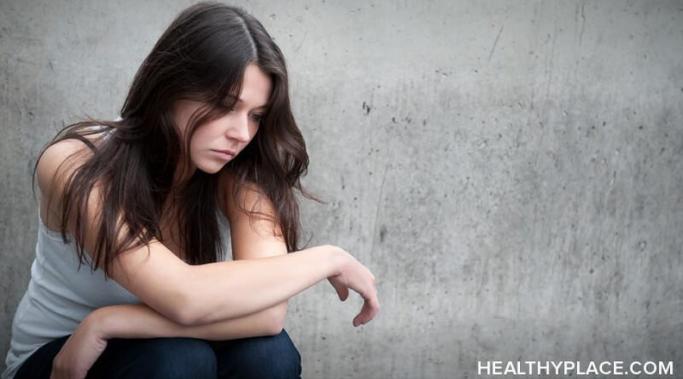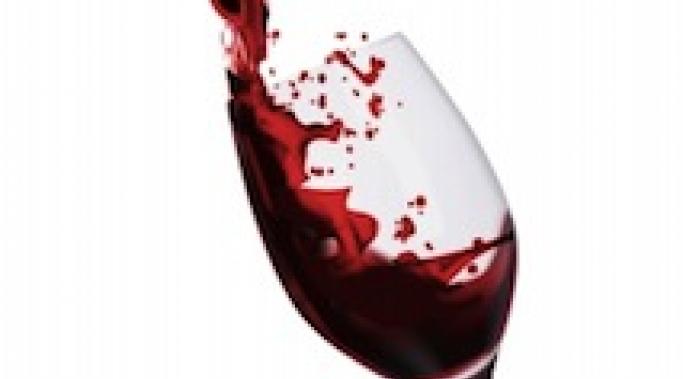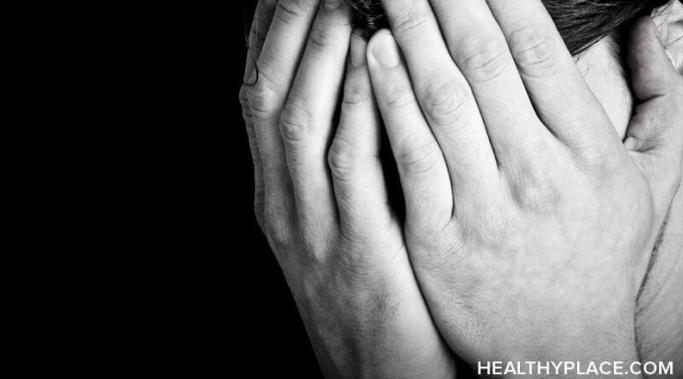My depression is really making me struggle with the daily task of living right now. I can't keep going the way I have in the past few years. I hate my life; I'm completely broke and in debt and I feel like all of my relationships are crumbling. Sometimes I sit back and look at my life and think, "Is this really it for me? Is depression going to define and imprison me for the rest of my life?"
I know it's pretty common for someone in the late twenties to question where their life is going, but I feel like I have extra questions than the average person who say, isn't diagnosed with depression.
Depression Symptoms
Recently I found myself feeling depressed. As is usually the case, there were different triggers involved. Some were hormonal as I was pre-menstrual. Others were personal as my parents are in the process of splitting up and it’s been an emotional time for all involved. Like so many, I was also surprised and hit hard by the suicide of Robin Williams. Add in my wonky brain chemistry, and I was off to the depression races.
My depression recovery often feels like it isn't going forward at all. I feel like my emotions go all over the map, up, down, sideways, backwards, and then forwards again. Some days my depression feels better than the day before, but other days it feels worse than I did the day before. Even in the span of one day, I can go from feeling pretty okay about things to feeling like I want to throw in the towel. It's so confusing and frustrating.
This past week, I was struck by how much of a role food cravings play in the dance of my moods. When tired, stressed or feeling low, I consistently found myself reaching for sweets to get through. Cookies, cake, or pudding: it didn’t matter, so long as carbohydrates were involved. I didn’t want to keep eating in such an unhealthy way. Yet despite my best intentions, I returned again and again to the very foods I had forsworn just hours earlier. Then I would get frustrated and beat myself up for breaking my promise. After sinking to polishing off a dinner of pretzels and double chocolate chip cookies one night, I tried to sit in awareness of my chaotic, depression feelings. The question came to mind: What are you feeding?
Chronic pain is part of my depression, and it's making me feel so very uncomfortable tonight. I have several health problems that stem from having depression and their symptoms are often more debilitating than depression is on its own. Some come from the stress of having depression, others are a side-effect of my antidepressants. Overcoming my pain is complex, and it often feels like this never ending cycle of chronic pain, depression and pills.
If you’re familiar with depression, you’re familiar with black and white thinking, or thinking in absolutes such as, “I can’t do anything right.” I find that even when I am not in a depressed state, noticing black or white thinking can be one of the first signs that my mood is starting to wobble. I’ve learned that with mood, I’d rather address a slightly low mood from the get-go than wait until I have to dig myself out of a deeper depression. And the key with addressing black and white thinking is to move from black and white to gray. Black and white is limited. Gray embraces the range of possibilities.
Depression and alcohol can be a dangerous combination. Drinking alcohol when you're depressed can worsen your depression. Similarly, drinking alcohol when you're in depression remission can seriously jeopardize that remission.
Depression remission can be brief, lasting mere days. If you're lucky, depression remission can last weeks or months before a depression relapse occurs. It is important when your depression is in remission, to make the most of it. Here's how I do it.
From the hot tears of anguish to the cold, unfeeling stare of painful indifference, depression and emotions go hand-in-hand. And, make no mistake - indifference is a very powerful emotion. I've lost whole days to indifference wherein I cared about nothing, including my husband and children. I wish I could say I felt nothing during those days of indifference, but the truth is, the only thing I did feel was pain. I simply had no tears left.
My depression symptoms are a big part of me and I hate them (What Are the Symptoms of Depression?). Ergo, I hate a big part of me. Wait! That can't be right, can it?









